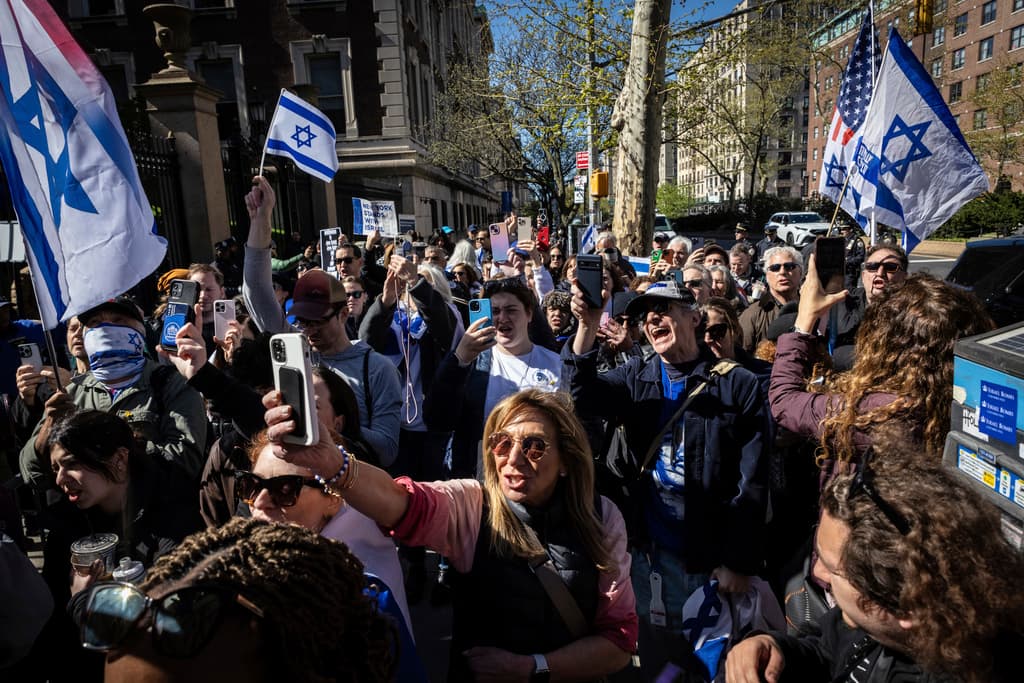Columbia Faces Lawsuits Contending It Has ‘Failed To Protect Jewish Students’ From ‘Radical Elements’ on Campus
The university’s trustees could be required by a federal judge to take actions, like providing security escorts, to keep Jewish students safe.

Jewish students at Columbia are taking to the courts, claiming that the university is failing to keep them safe from the antisemitic pro-Palestinian protests that have been roiling the campus in recent months, culminating in the takeover of an administration building last week.
The plaintiffs contend that Columbia is failing to protect its Jewish and Israeli students from bias-related abuse, harassment, intimidation, and discrimination. They claim it violates Columbia’s own policies, as well as the Civil Rights Act, which bars discrimination in federally funded activities.
A login link has been sent to
Enter your email to read this article.
Get 2 free articles when you subscribe.

